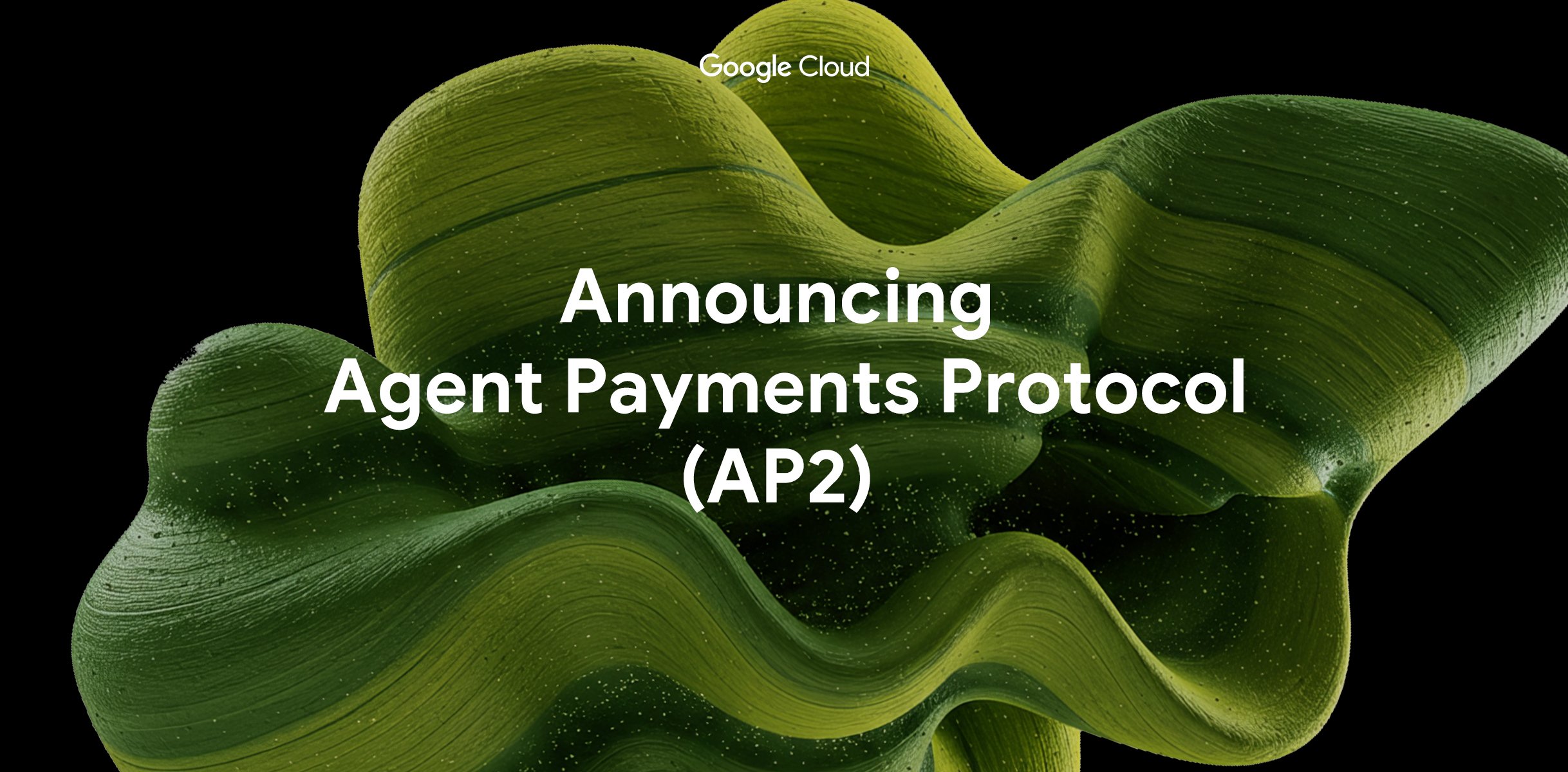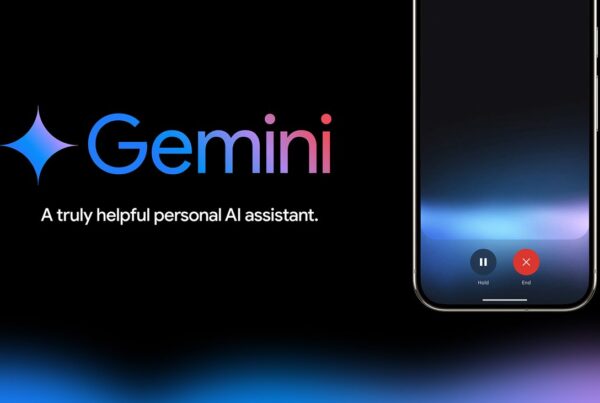Google is once again in the spotlight after its parent company, Alphabet, introduced a new initiative that could reshape the digital finance landscape. The protocol, called Agent Payments Protocol (AP2), is designed to allow artificial intelligence agents to perform payment transactions on behalf of users, including through stablecoins and real-time transfers. This ambitious project is supported by global financial giants such as Mastercard, PayPal, American Express, and Coinbase.
The move is seen as a strategic response to the growing challenge of how AI is no longer just a virtual assistant but an active executor of financial transactions. This concept marks a new chapter in digital payments, where automation, security, and speed become critical factors.
AI Leading the Transformation of Digital Payments
Financial technology is steadily shifting from manual transactions toward automated systems. In this context, Google aims to set a new standard through AP2. The protocol allows AI agents not only to recommend purchases but also to directly execute them within pre-approved limits.
The backing of major partners shows that this concept is far from experimental. With the involvement of Mastercard, PayPal, and Coinbase, AP2 is being positioned as a serious industry-wide initiative that can reshape the global payments ecosystem.
Mandates as Digital Documents
AP2 operates through a system of digital mandates known as the Intent Mandate and the Cart Mandate. The Intent Mandate works as an initial digital authorization, where users define what the AI agent is allowed to do. For example, users can set price limits, product categories, or preferred payment methods.
The Cart Mandate is issued once the agent finds a suitable product. This digital authorization locks details such as item description, price, and quantity. Merchants and payment providers can then verify that the transaction aligns with the user’s approved instructions.
This mandate system adds a strong security layer since every step can be audited. If a dispute arises, stakeholders can trace the process back from the initial intent to the final payment.
Payment Mandate and Cryptographic Audit Trail
Alongside Intent and Cart Mandates, AP2 introduces the Payment Mandate. This ensures that banks or card issuers know the transaction was performed by an AI agent under a valid authorization. Each mandate is digitally signed using cryptographic verification, making forgery nearly impossible.
The cryptographic audit trail is a central strength of AP2. Clear digital records give merchants confidence, regulators transparency, and users protection against unauthorized payments. This framework is designed to build trust in letting AI agents handle financial operations.
Stablecoin Integration and the x402 Extension
In addition to supporting traditional payments, AP2 integrates digital assets. Google, in collaboration with Coinbase, has introduced an extension called x402. This technology enables AI agents to carry out peer-to-peer or merchant transactions automatically using stablecoins.
Stablecoins are chosen because of their price stability, unlike volatile cryptocurrencies. This makes them a practical medium of exchange within automated financial systems.
Micropayments Between Agents
The x402 extension allows AI agents to send micropayments to other agents. For instance, Agent A could request Agent B to perform a data search, and upon completion, Agent B would be paid instantly in stablecoin — all without user intervention.
This mechanism creates opportunities for an entirely new digital marketplace. Services delivered by agents could be seamlessly exchanged for payment, giving rise to a new economy of AI-powered microservices.
Speed and Cost Efficiency
Stablecoins also bring faster settlements and lower fees compared to conventional banking systems. This aligns with AP2’s vision of enabling real-time payments. Merchants benefit from quicker cash flow, while users enjoy lower costs.
However, regulatory hurdles remain. Many jurisdictions still restrict or heavily regulate the use of digital assets for payments. Therefore, the success of AP2’s stablecoin integration will depend on how quickly regulatory frameworks adapt.
Adoption Challenges and Industry Reactions
While the potential is clear, deploying AP2 across industries won’t be without challenges. A major barrier is compatibility with legacy banking and merchant systems. Many institutions will need to upgrade their infrastructure to support the protocol.
Regulatory concerns also loom large. Allowing AI agents to initiate payments raises questions about consumer protection, tax compliance, and anti-money laundering safeguards. Financial regulators worldwide are expected to closely examine the framework before granting wide approval.
Strategic Partner Support
Despite these hurdles, support from strategic partners like Mastercard and PayPal sends a strong signal. Industry leaders see AP2 as a way to simultaneously boost security and streamline transactions. According to reports by Digital Commerce 360, such backing indicates the market’s readiness to embrace a unified standard for AI-enabled payments.
Coinbase has also expressed optimism, noting that the initiative could greatly expand the real-world utility of stablecoins. The company expects this will accelerate digital asset adoption beyond speculative trading into mainstream everyday transactions.
Expert Analysis
Experts in financial technology view AP2 as a milestone. Analysts from Everest Group highlight how the protocol provides a clear, open framework for managing interactions between AI agents, users, and payment networks. This avoids the risk of fragmented, proprietary solutions that lack interoperability.
Still, experts caution that user trust will be crucial. Delegating payment authority to an AI agent involves surrendering some control. For this reason, detailed mandates and transparent auditing mechanisms must be implemented rigorously for the system to succeed.
Google’s Agent Payments Protocol represents a bold step toward the future of digital payments. With cryptographic mandates, stablecoin integration, and support from major financial players, AP2 could become a foundational standard for AI-driven commerce. Yet regulatory approval and industry readiness remain decisive factors.
This initiative highlights the coming era where AI agents are not only advisors but also active participants in financial transactions. For more in-depth analysis on global technology and finance trends, continue reading related coverage on Olam News.






